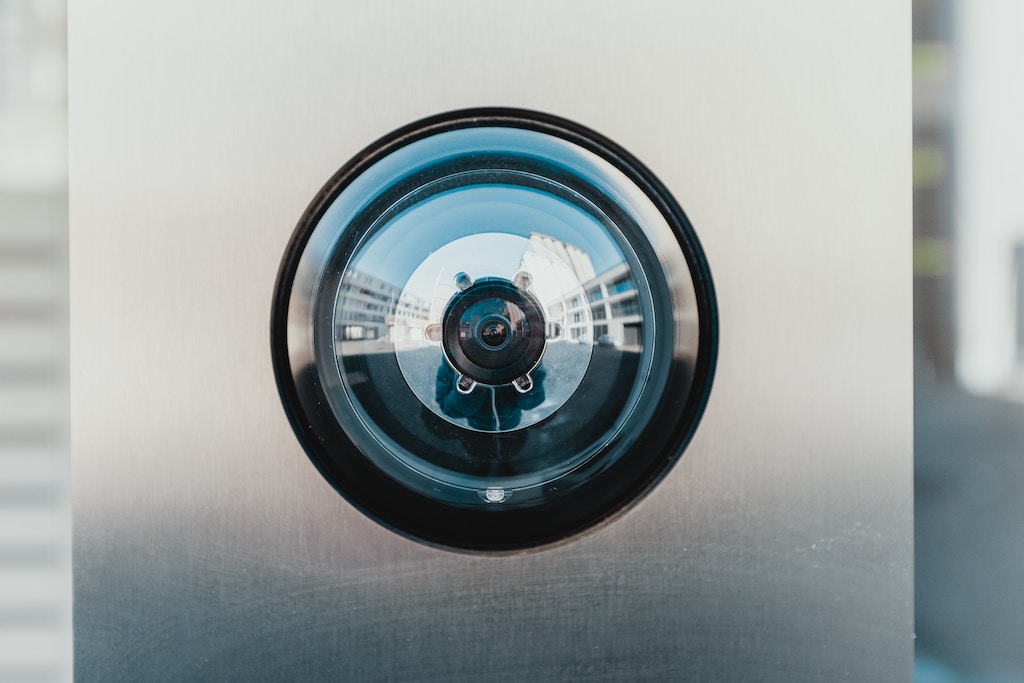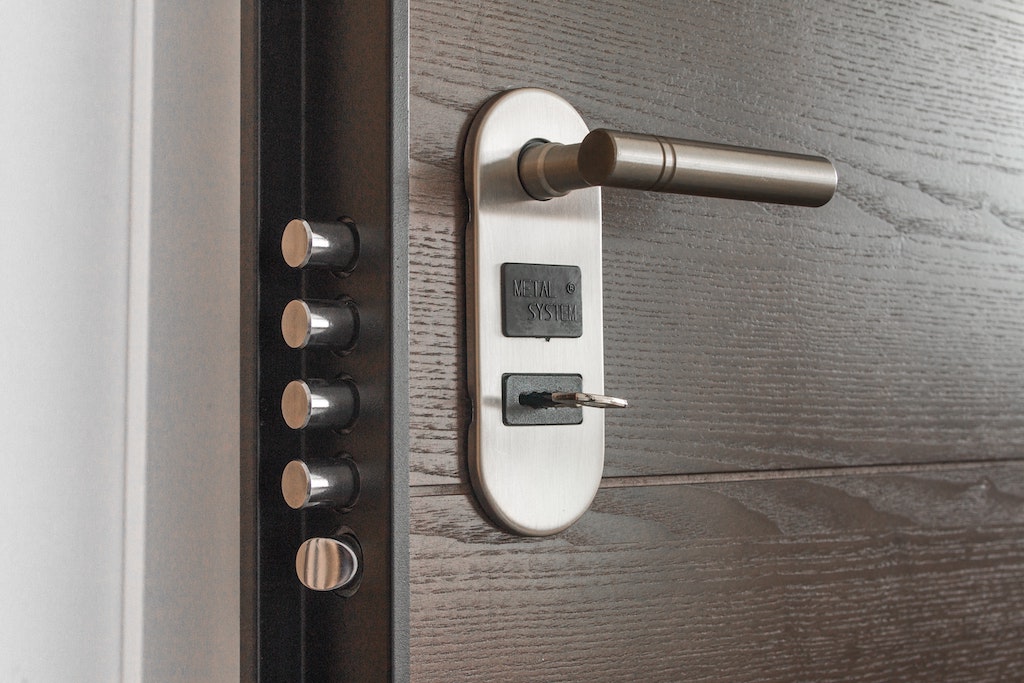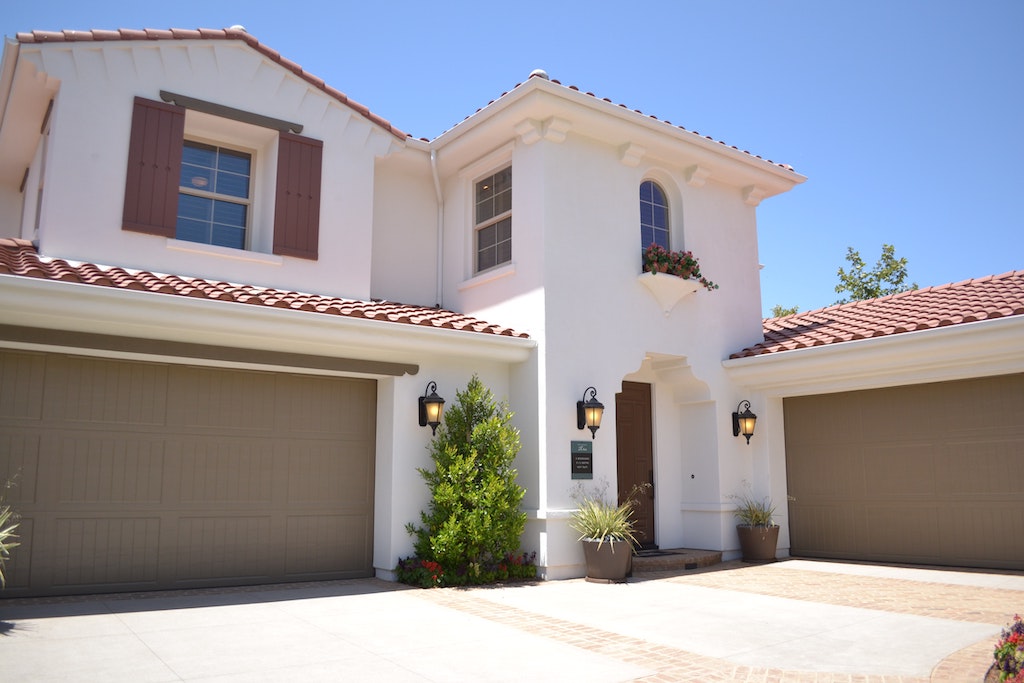Home security cameras effectively monitor your property, protect your family, and safeguard your possessions. With a broad spectrum of models flooding the market, choosing between wireless vs wired home security cameras can seem overwhelming. Home security cameras, as the name implies, are cameras installed within or around your home, designed to monitor and record activities for security purposes. These cameras act as a second pair of eyes, capturing footage when you are away or asleep and providing peace of mind in today’s unpredictable world.
Wireless home security cameras
Wireless home security cameras, often referred to as Wi-Fi security cameras, operate via a wireless network, transmitting footage directly to a connected device such as a smartphone, tablet, or cloud-based storage system. These cameras communicate using your home’s Wi-Fi network and don’t require cables or wires for data transmission, making them highly versatile and convenient.
- Streaming: Wireless cameras stream footage in real-time, which means you can monitor your property anytime, anywhere, provided you have an internet connection.
- Storage: The footage captured by these cameras is typically stored in two ways: on a cloud-based server or an inbuilt micro SD card.
- Smart device integration: Many wireless cameras can integrate with smart home systems, enabling you to control them using the same applications or interfaces as your other smart devices.
Pros of wireless home security cameras
Ease of installation
One of the significant advantages of wireless home security cameras is their ease of installation.
- No wires: As they don’t require any wires for video transmission, there’s no need for drilling holes or running cables through your home.
- DIY friendly: This makes wireless cameras highly user-friendly and ideal for those who prefer a do-it-yourself approach.
- Mobility: Their wire-free design allows you to move them around easily, perfect for renters who may not be permitted to drill holes or homeowners who like to change things regularly.
Flexibility
Wireless cameras offer unparalleled flexibility, allowing you to cover a wide range of angles in your home.
- Versatile placement: They can be placed virtually anywhere within your Wi-Fi range, indoors or outdoors.
- Expandability: If you wish to expand your security coverage in the future, it’s easy to add more cameras to your network.
Remote access
The ability to remotely access your security footage is a significant advantage of wireless cameras.
- Live monitoring: With a stable internet connection, you can view live footage from your cameras anytime, anywhere using a connected device.
- Alerts and notifications: Many models will also send real-time alerts to your device when they detect motion, ensuring you’re always in the know.
Cons of wireless home security cameras
Dependence on Wi-Fi
The dependence on Wi-Fi is one of the primary limitations of wireless home security cameras.
- Wi-Fi strength: The quality and coverage of your home’s Wi-Fi network directly impacts your cameras’ performance. A weak or unstable connection can cause lag or disconnections.
- Bandwidth use: High-definition video streaming can consume significant bandwidth, which could slow down other internet activities in your home.
Battery life
Most wireless home security cameras are powered by batteries, necessitating regular maintenance.
- Regular charging: Depending on the model and usage, you may need to recharge or replace the batteries every few months.
- Possible unprotected periods: If the battery drains without your knowledge, it could leave your home unprotected.
Security concerns
While hacking is relatively rare, wireless cameras can be vulnerable to cyber-attacks.
- Encryption: Choose models that support advanced encryption methods to protect your video feed from unauthorized access.
- Password management: Always change the default passwords and keep them confidential to further bolster your system’s security.
Wired home security cameras
Wired home security cameras, or hardwired cameras, connect to your home’s electrical system or a dedicated video recorder (DVR/NVR) via physical cables. Unlike wireless cameras that transmit data over Wi-Fi, wired cameras send data via cable, making them a more secure and reliable option.
- Stable connection: The hardwired connection ensures stable and consistent data transmission, reducing the chances of dropped signals or interference.
- Storage: The footage from wired cameras is typically stored on a DVR/NVR, allowing you to review, save, and export video clips as needed.
- Power supply: Wired cameras are directly connected to your home’s power grid, ensuring a constant power supply.
Pros of wired home security cameras
Reliability
Wired home security cameras are known for their reliability.
- Consistent connection: Their hardwired connection provides a stable and consistent data transmission, making them less prone to interference and signal loss.
- Independence from Wi-Fi: Since they don’t depend on Wi-Fi for data transmission, you don’t have to worry about connectivity issues that could compromise your surveillance.
High-quality video
Wired cameras often deliver high-quality video.
- Superior resolution: Many wired cameras offer superior resolution to their wireless counterparts, providing clear and detailed images.
- Detailed surveillance: This feature can be particularly beneficial when identifying specific details like faces or license plates.
Continuous power supply
Since wired cameras connect directly to your home’s power supply, they don’t have the same battery life concerns as wireless cameras.
- No battery replacement: You won’t have to worry about frequently charging or replacing batteries.
- Constant surveillance: As long as you have power, your surveillance system stays operational.
Cons of wired home security cameras
Complex installation
Installation of wired cameras can be more complex and time-consuming compared to wireless cameras.
- Cabling requirements: Installation often involves drilling holes and running cables through your walls or attic, which can be intrusive and messy.
- Professional installation: While DIY installation is possible, it’s generally recommended to have wired cameras professionally installed, which can add to the cost.
Limited mobility
Once installed, moving wired cameras can be a significant undertaking.
- Permanent installation: This makes them less suitable for renters or those who plan to move or remodel their home in the near future.
- Less flexibility: Changing the surveillance coverage or expanding the system can also be more complex due to the hardwired nature of the system.
Vulnerability to power outages
In a power outage, your wired cameras may stop working unless they have a backup power source.
- Dependence on power grid: Wired cameras rely on your home’s electricity, meaning they could go offline during a power outage.
- Backup power: It’s crucial to consider an uninterruptible power supply (UPS) or other backup power solution to keep your surveillance system running during power outages.
How to choose the right camera
When it comes to the debate of wireless vs wired home security cameras, there’s no one-size-fits-all answer. The best choice depends on your individual needs and circumstances.
Evaluate your internet connection
The quality and reliability of your internet connection plays a crucial role in determining the type of camera that’s best for you.
- Wireless camera considerations: Wireless cameras require a stable and robust Wi-Fi connection to function optimally. If your internet connection is strong and your bandwidth is ample, a wireless camera can work seamlessly, providing you with real-time video feeds and alerts.
- Wired camera considerations: If your internet connection is slow, unreliable, or your Wi-Fi coverage doesn’t extend to the areas you wish to monitor, a wired camera can be a more suitable choice. It doesn’t depend on Wi-Fi to transmit video feeds, ensuring a constant and stable video recording.
Consider installation
Your comfort level with do-it-yourself projects or your willingness to hire a professional installer should also factor into your decision.
- Wireless camera installation: Wireless cameras are generally easier to install. If you’re comfortable with DIY projects, you might appreciate the simplicity and flexibility of setting up wireless cameras.
- Wired camera installation: On the other hand, wired cameras require running cables through walls, which can be complex. If you’re not handy or don’t want the hassle, professional installation might be preferable, though it does add to the cost.
Think about mobility
Your current living situation and future plans should also influence your choice of camera.
- Wireless camera mobility: If you’re renting, plan on moving soon, or simply want the freedom to rearrange your camera setup as needed, wireless cameras offer the flexibility you need. They’re easy to uninstall and reposition.
- Wired camera permanence: Conversely, if you own your home, don’t plan on moving soon, and want a more permanent security solution, wired cameras could be a better choice.
Assess your security needs
Your specific security needs and preferences are key in choosing wireless and wired home security cameras.
- Resolution preference: Wired cameras are generally superior if you need to capture clear details like facial features or license plates. They often deliver higher-resolution video than their wireless counterparts.
- Access and alerts: However, if you value the ability to remotely access your camera feed, receive instant alerts on your phone, or want to integrate your cameras with other smart home devices, wireless cameras can offer these advanced features.
Remember, the goal is to choose a security system that meets your unique needs. Take the time to evaluate your situation, and if you’re unsure, consult a professional to guide you through the process.
Check out our comprehensive guide for a deeper dive into the best home security systems.
Both wireless and wired home security cameras have their advantages and disadvantages. Your choice between them should be driven by your specific requirements, living situation, and comfort level with technology. Take the time to assess your needs, consider the pros and cons of each option, and choose the security system that provides the most peace of mind for you and your family. Wireless vs wired home security cameras – the choice is ultimately yours.


